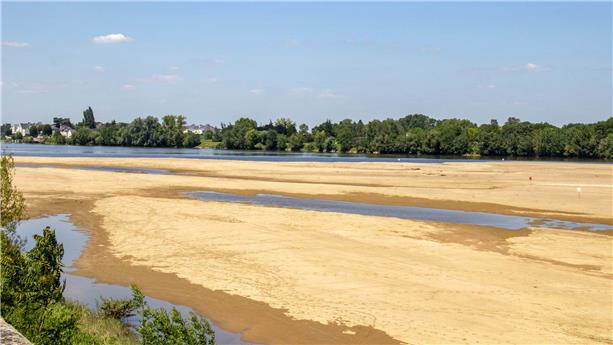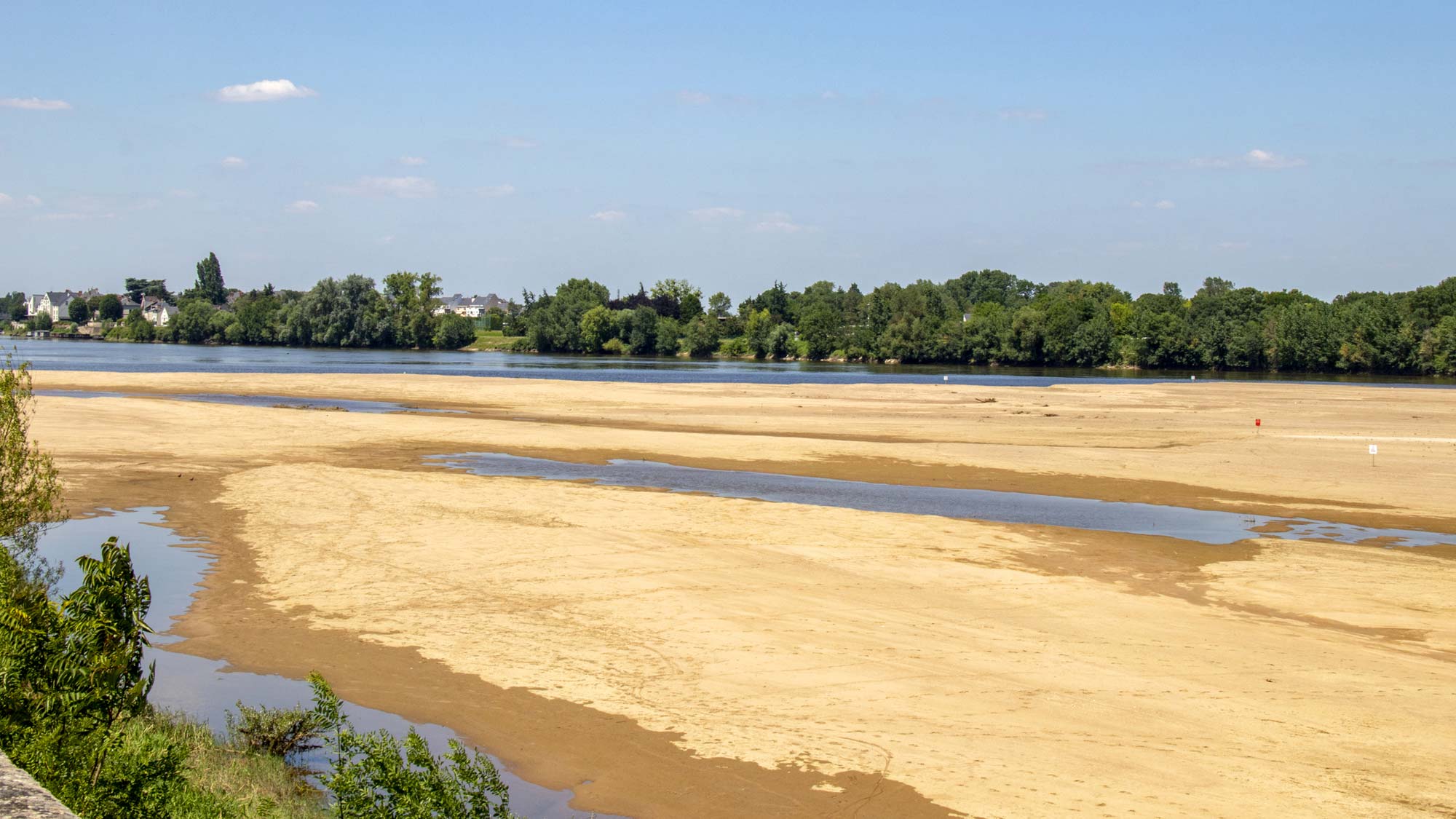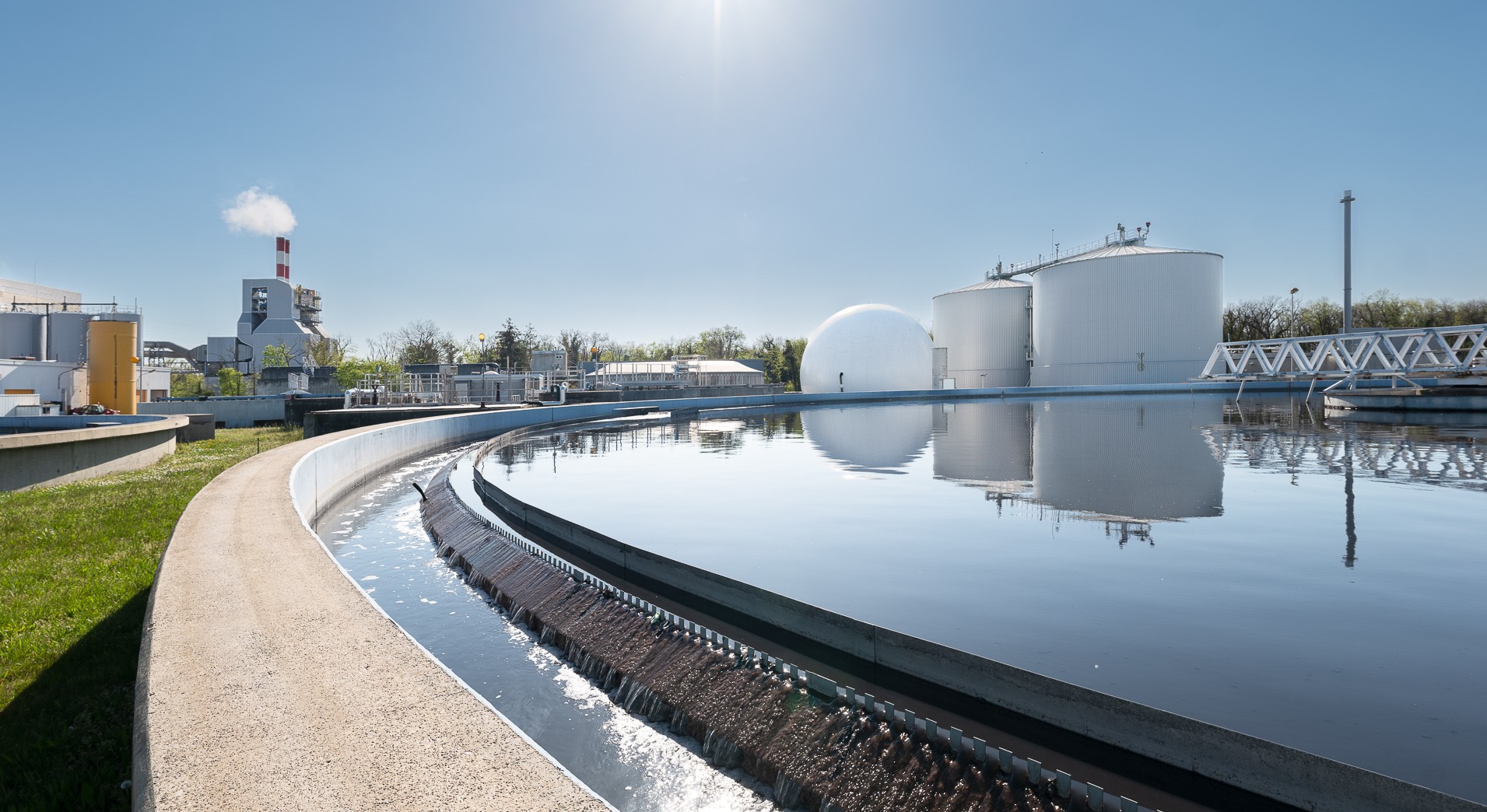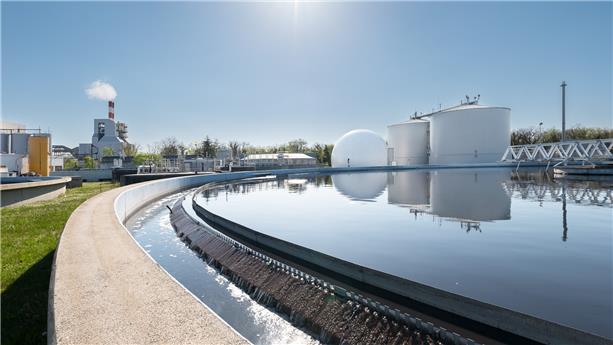
Preserving natural resources and protecting the environment

We combine environmental performance, responsible water use and innovation to safeguard this essential shared resource.
To anticipate the availability and quality of water resources, we leverage artificial intelligence to model the evolution of aquifers and natural environments over the short, medium and long term. This predictive approach enables us to detect early warning signals, reduce pressure on sensitive environments and prevent crisis situations (such as droughts or floods).
Our experts also deploy alternative solutions tailored to your territory, ensuring service continuity while respecting natural cycles, biodiversity, and both terrestrial and marine ecosystems.
Promote good consumer practices

To encourage sustainable management of water resources, we have developed a range of resilient solutions to complement water meters in private and public housing. Remote meter reading is essential in helping users to monitor their consumption and use water more sparingly. We have fitted smart meters that allow for real-time monitoring and issue alerts if too much water is used, optimising how much water individuals and businesses use.
You get a complete overview of water consumption in your area, thanks to artificial intelligence and analysis of data from water meters. This allows you to measure the impact of water use over time, understand local consumption trends and make the right decisions. Price incentives can be used to change habits.
We have launched an innovative new performance-based contract: the water saving contract. In partnership with the authorities in Brive, our shared aim is to reduce use of water resources by 6 million m3 by 2027. We operate the public water and wastewater service with the target of reducing the amount of water taken from the natural environment by 21%.
Valorise sludge

We harness the energy potential of nitrogen- and phosphorus-rich sewage sludge from wastewater treatment plants, converting it into energy (heat, electricity, biomethane) or organic matter using innovative solutions such as methanisation, incineration and thermochemical processes. Sludge can be used as an organic fertiliser instead of chemical fertilisers, helping to promote more sustainable agriculture.
We work with you to define the most appropriate treatment and recovery process for each type of sludge produced and the context for each wastewater treatment plant, taking account of the challenges faced and local regulatory requirements.
Our solutions aim to turn sewage sludge into a high value-added material that helps to reduce your area’s greenhouse gas emissions, support the transition to cleaner energy sources and develop the circular economy in water treatment and agriculture.
We create local circular economy loops from wastewater and waste to support the energy transition in local areas. The Sausheim methanation plant in Mulhouse converts 100% of sewage sludge into green gas, treating sludge equivalent to 490,000 people and producing 2,000,000 Nm3 of purified biomethane every year. This green gas is used to power 44 buses in the Mulhouse area, while biomethane not used by buses is used to power Mulhouse Alsace Agglomération buildings. The 125 buses in the fleet will run on biomethane by 2034.


